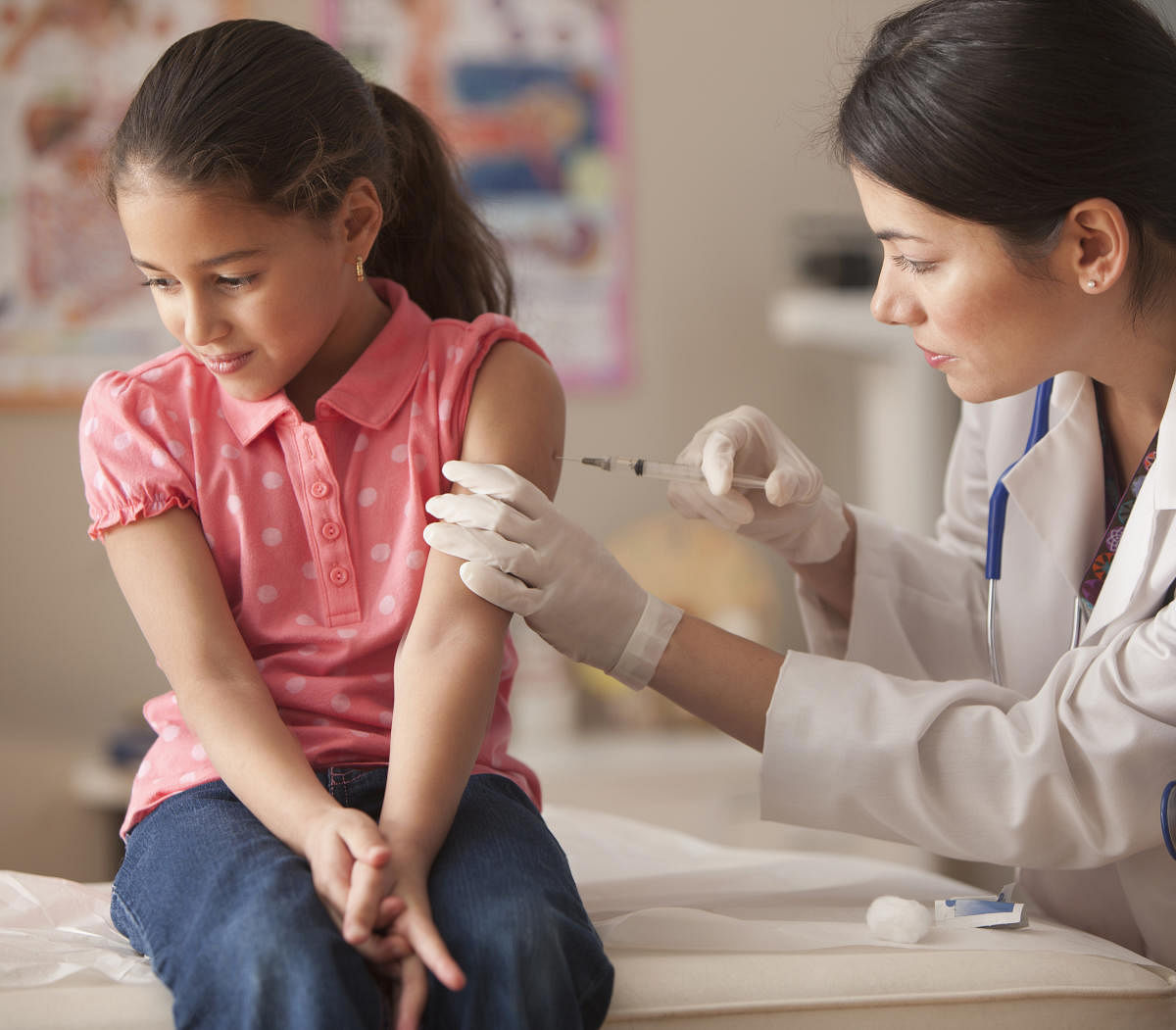
Even as countries across the world continue to find ways to contain the spread of Covid-19 and treat patients, the race to develop a vaccine against the SARS-CoV-2 virus continues.
At present, there are at least 115 vaccines against this virus under development across the world. Most efforts are being made by private entities, a majority of which are in North America. The Haffkine Institute in India is also in the race.
At least eight different strategies are being employed in Covid-19 vaccine development, some of which have never before been used in human vaccines. Vaccine development and deployment will therefore face several challenges.
The first challenge is that the vaccine is needed soon. It usually takes 5-10 years to develop a vaccine. So if the vaccine is developed in haste, safety may be sacrificed at the altar of efficacy. There is already news of the vaccine being tested in volunteers who are afterwards deliberately exposed to the virus; such testing would have been deemed unsafe and unethical in earlier days.
Furthermore, the long-term safety of an approved vaccine will not be known until after mass immunisation. So if the vaccine has unintended effects, all those who received that vaccine are at risk.
The second challenge is that more than one successful vaccine will probably be developed. It may be hard to select one vaccine for mass immunisation programs. Perhaps different vaccines will be adopted in different countries, such as American, European, Chinese, and Indian vaccines, each with its own profile of benefits and risks.
The third challenge is that developing an effective vaccine is only the first step. The next step is to manufacture it in the huge quantities that are necessary for universal immunisation.
The logistics are daunting. There will be further challenges related to affordability, especially among the poor. There will be deployment challenges: Whereas healthcare professionals and the elderly are at greater risk and should receive the vaccine first, if the vaccine has undiscovered adverse effects, it could harm the very people it was intended to protect.
The fourth challenge is that SARS-CoV-2 is an RNA virus, and RNA viruses mutate at a high rate. This is why, for example, the influenza vaccine needs to be regularly updated with the latest strains. Available evidence suggests that the mutation rate of SARS-CoV-2 is not high. Nevertheless, it is possible that mutations will occur that will require a fresh vaccine to be developed at regular intervals.
The last challenge is to develop a vaccine that provides long-lasting immunity. However, only time will tell how long vaccine-engendered immunity will last, and at what intervals the vaccine will need to be repeated.
It is too early to hope. We are probably at least 18 months away from a Covid-19 vaccine.
(Dr Chittaranjan Andrade is Dean, National Institute of Mental Health and Neurosciences, Bengaluru)